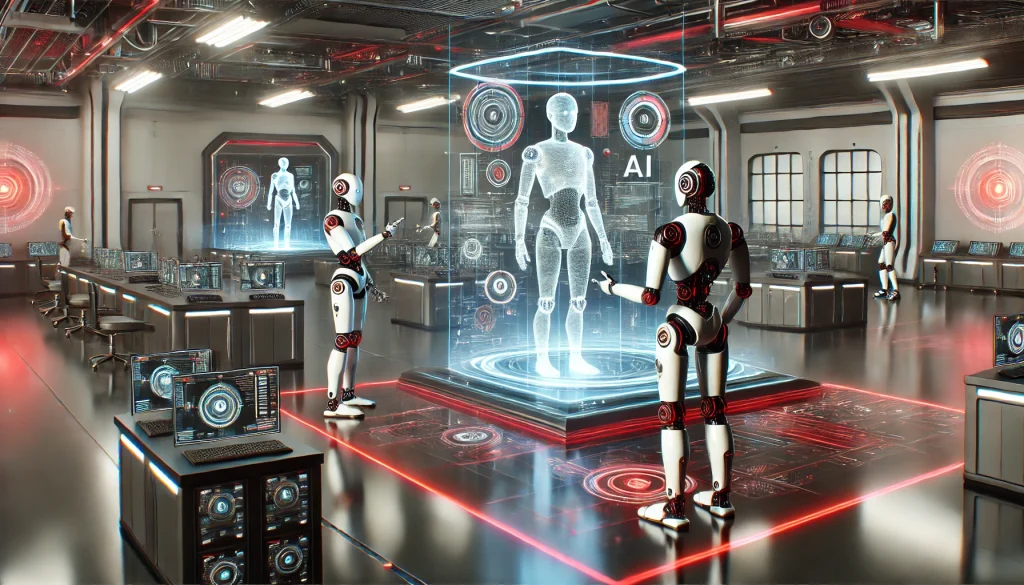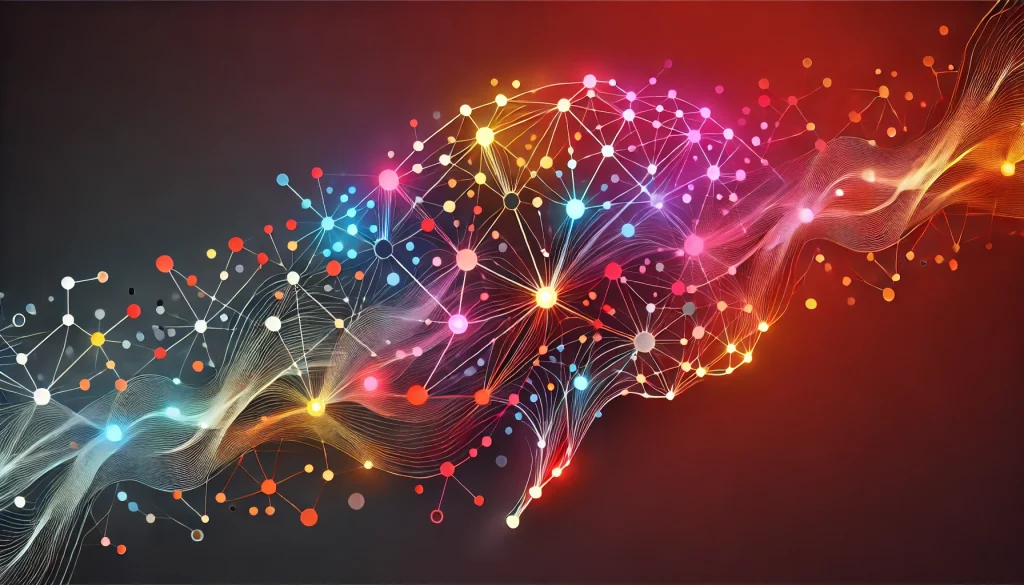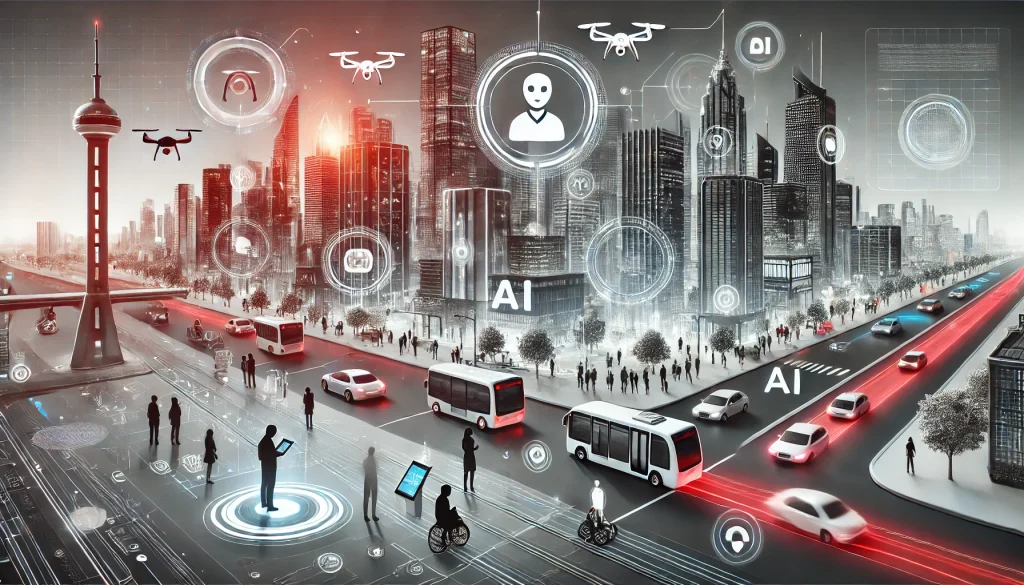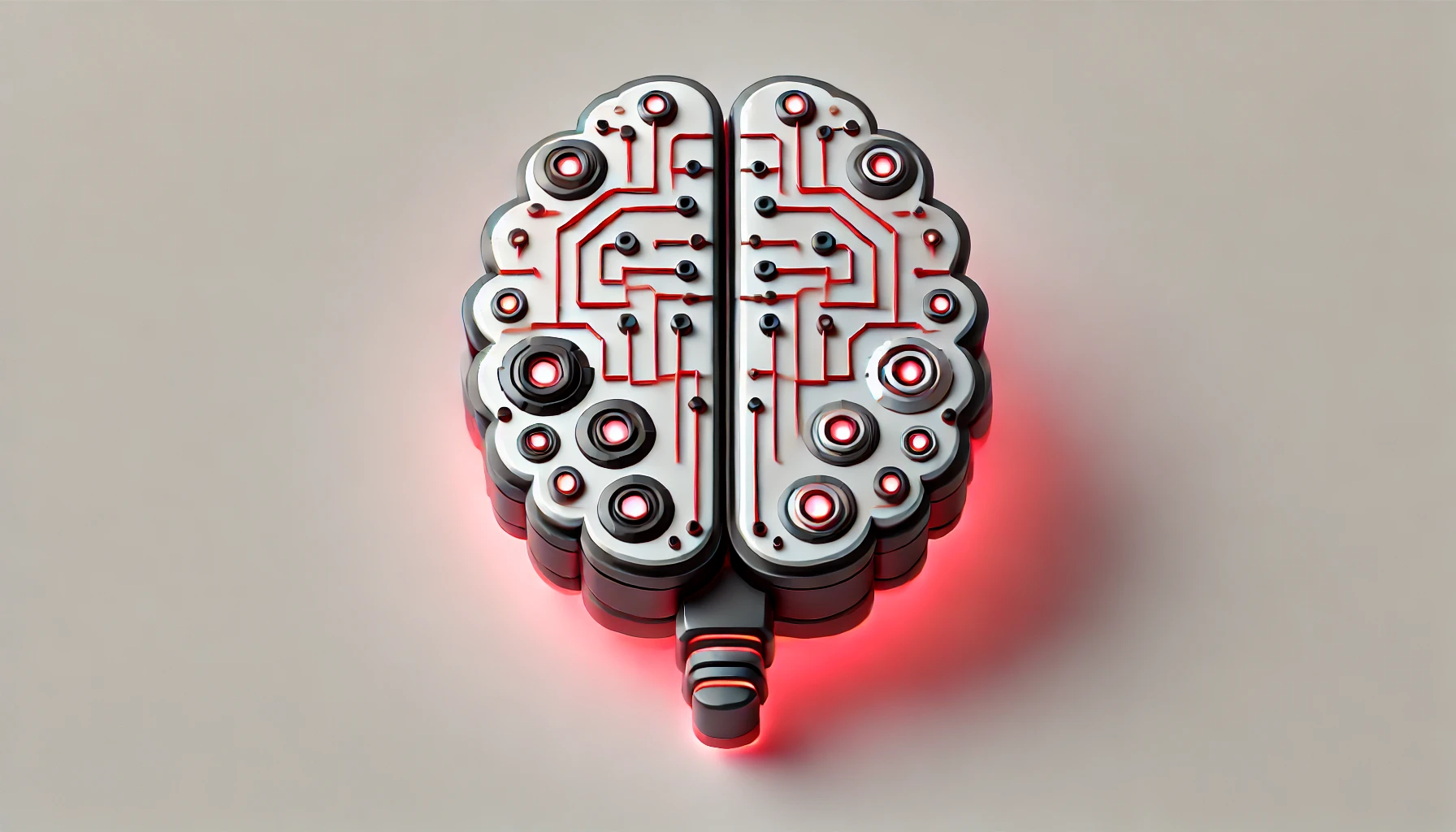
Artificial intelligence (AI) has become a driving force in technological innovation, revolutionizing industries and daily life alike. From groundbreaking advancements in machine learning to intelligent virtual assistants like Siri and Alexa, AI is shaping our world in remarkable ways. While many are familiar with its applications, there are lesser-known facts about artificial intelligence that highlight its vast potential and unexpected implications for the future of emerging technologies.
In this blog post, we’ll uncover some surprising insights about artificial intelligence, diving into its fascinating history, innovative uses, and future trajectory in the world of tech.
The Rise of Artificial Intelligence Technology

AI, as we know it today, has been decades in the making. It began in the 1950s when researchers like Alan Turing pioneered the concept of machines mimicking human thought. Today, artificial intelligence technology permeates every facet of our lives, from personalized shopping recommendations to advanced healthcare diagnostics.
One of the most fascinating aspects of AI is its ability to learn and adapt. Thanks to machine learning, systems can process vast amounts of data, identify patterns, and make predictions with astonishing accuracy. AI isn’t just about doing tasks; it’s about doing them smarter and faster than ever imagined.
AI Facts That Will Blow Your Mind

1. AI Can Create Art and Music
Did you know AI has an artistic side? Through advanced algorithms, AI systems can compose symphonies, create intricate paintings, and even write poems. These creations, often indistinguishable from human-made art, show AI’s surprising creative potential. Tools like OpenAI’s DALL-E and DeepArt provide glimpses into how AI blurs the lines between human creativity and machine precision.
2. AI Was Once Feared as “Over-Hyped”
In the 1970s and 80s, AI experienced what experts call “AI Winters”—periods when progress stagnated, and interest waned. Researchers struggled to deliver on grand promises, leading many to believe AI was more science fiction than science fact. Today, however, the explosion of computational power and data availability has brought AI into a new golden age.
3. AI Is Learning to Detect Emotions
While traditionally seen as cold and logical, modern AI is developing the ability to understand and respond to human emotions. This is achieved through natural language processing (NLP) and sentiment analysis, enabling applications in customer service and mental health support. Imagine a chatbot that can sense frustration and adjust its responses accordingly!
4. AI Plays a Key Role in Space Exploration
NASA uses AI to analyze vast amounts of data collected by telescopes and space probes. For instance, AI has been instrumental in identifying new planets and studying patterns in the universe’s evolution. It’s no exaggeration to say AI is helping us unravel the mysteries of space.
Emerging Technologies in AI Artificial Intelligence
AI isn’t just about convenience—it’s saving lives. In healthcare, artificial intelligence is revolutionizing diagnostics by identifying diseases like cancer in their early stages. Meanwhile, autonomous vehicles equipped with AI promise to reduce accidents caused by human error.
Moreover, AI-powered predictive analytics is reshaping industries like finance, retail, and agriculture. For example, AI systems help farmers optimize crop yields by analyzing weather patterns and soil conditions.
AI in 2024: A Snapshot
- Healthcare: Predictive algorithms improving treatment outcomes.
- Retail: Enhanced personalization in online shopping.
- Education: AI tutors providing tailored learning experiences.
These advancements underscore AI’s potential to improve both efficiency and quality of life across sectors.
Challenges and Ethical Concerns in AI Development
Despite its promise, AI also raises pressing ethical concerns. Issues such as data privacy, algorithmic bias, and job displacement require careful consideration. For instance, facial recognition technology has faced criticism for inaccuracies and potential misuse, highlighting the importance of ethical AI development.
To address these concerns, tech companies are investing in “explainable AI” (XAI), which seeks to make AI decisions more transparent and understandable.
Conclusion
Artificial intelligence is more than a technological trend—it’s a paradigm shift reshaping how we live and work. As AI continues to evolve, its potential applications seem limitless, from solving complex problems to enhancing creative endeavors. However, with great power comes great responsibility. Striking a balance between innovation and ethical considerations will be critical in ensuring AI remains a force for good.
In the coming years, expect AI to play an even larger role in fields like sustainability, education, and healthcare, solidifying its place as one of the most transformative emerging technologies of our time.
FAQ
What industries are most impacted by artificial intelligence?
Industries like healthcare, finance, retail, and transportation are leading adopters of AI due to its ability to improve efficiency and decision-making.
Is artificial intelligence replacing jobs?
AI is transforming the job market, automating repetitive tasks while creating opportunities in AI development, data analysis, and ethical AI governance.
How is AI contributing to sustainability?
AI aids in optimizing energy consumption, improving waste management, and developing climate change solutions, such as predictive modeling for environmental impacts.
Resources
- BBC News. Technology News.
- Britannica. Artificial Intelligence Overview.
- Facts.net. AI Facts.
- Markovate. 30 AI Facts.
- Simplilearn. AI Stats and Trends.

Brijesh Gohil is the founder of Tech Brij, A popular Tech Blog which is focused on Tech tips & Buying Guides. You can follow him on Facebook, Twitter, Google + & LinkedIn.

